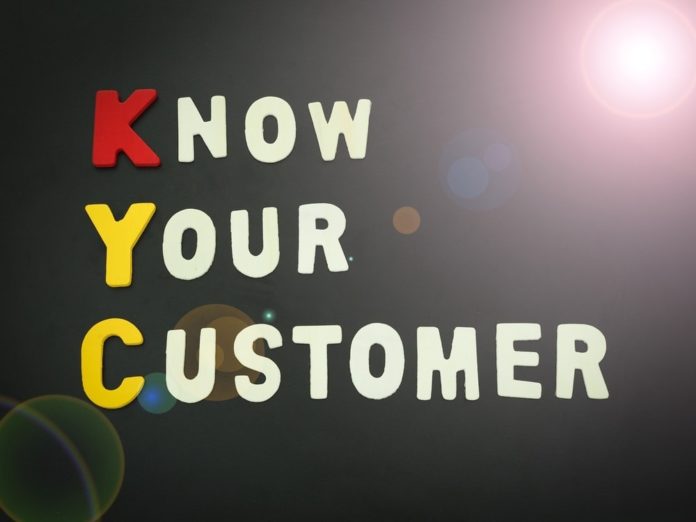Retail fraud has been evolving over the past decade. Traders are always looking for ways to find an extra coin even if it means exploring the other side of the law and finding loopholes in the security apparatus. However, the emergence of Blockchain technology and secured digital wallets appears to have thwarted these operations and is offering remedies to these challenges.
KYC Had One Job
The Know Your Customer (KYC) regulations were designed to prevent fraudulent transactions both individual and institutional. Its sole focus is to heighten the security and prevent fraud in the Blockchain system. Nevertheless, the information being collected has been an easy target point for criminals. As a result, annual fraud has increased in the third year running and hit $16.8 billion in 2017. This is according to a study by Javelin Strategy and Research.
The KYC protocol had one job, and it has failed. The facilitation of the collection and aggregation of personal information in KYC has left customers vulnerable to identity theft. So, why is the KYC protocol facilitating that which it was meant to prevent?
Tackling The Identity Theft Plague
The problem with today’s data management is the collection and storage. We as consumers are required to share beyond what is needed. For instance, in a bar, you only need to reveal your driver’s license as a sign that you are not underage. Now, your license has information like your address, name and license number, all these things, the bartender doesn’t need. All he needs to know is that you are above 21.
Such kind of information is the personal data that the bar can store and use or share however and whenever it wants. Essentially what you have done is hand over your information to a third party and trusted that they will keep it safe. Despite the promises, in the end, they cannot be guaranteed that it won’t be exposed to bad actors.

And such has been the case in the current financial systems. Identity frauds, fraudsters finding security gaps and infiltrating data sources and people using other people’s data as their own has been the order of the day. But Blockchain has brought forward a working practical solution to the quagmire. The technology offers solutions to combat identity theft by simply allowing consumers to have more control over their own data by creating self-sovereign digital identities.
Fighting Fraud Using Blockchain
A combination of Blockchain’s sovereign identity and the KYC would be a match made in heaven and would put KYC on the next level. Data doesn’t even have to be exchanged-like in the bar- all that is needed is a confirmation to the satisfaction of the recipient.
Systems are already in place that are using this framework. The HyperLedger Indy project is one such that delivers a distributed ledger identity system through Blockchain created on a widespread platform to guard user’s information and put people in control of their own data.
The same needs to be done with KYC. It needs to be decentralized so that merchants and consumers wouldn’t depend on centralized entities for information management. It’s a win-win for all, the combination of KYC and Blockchain closes security loopholes, users would be free to control their own information, and it doesn’t jeopardize KYC’s intention one bit. Everyone wins.







